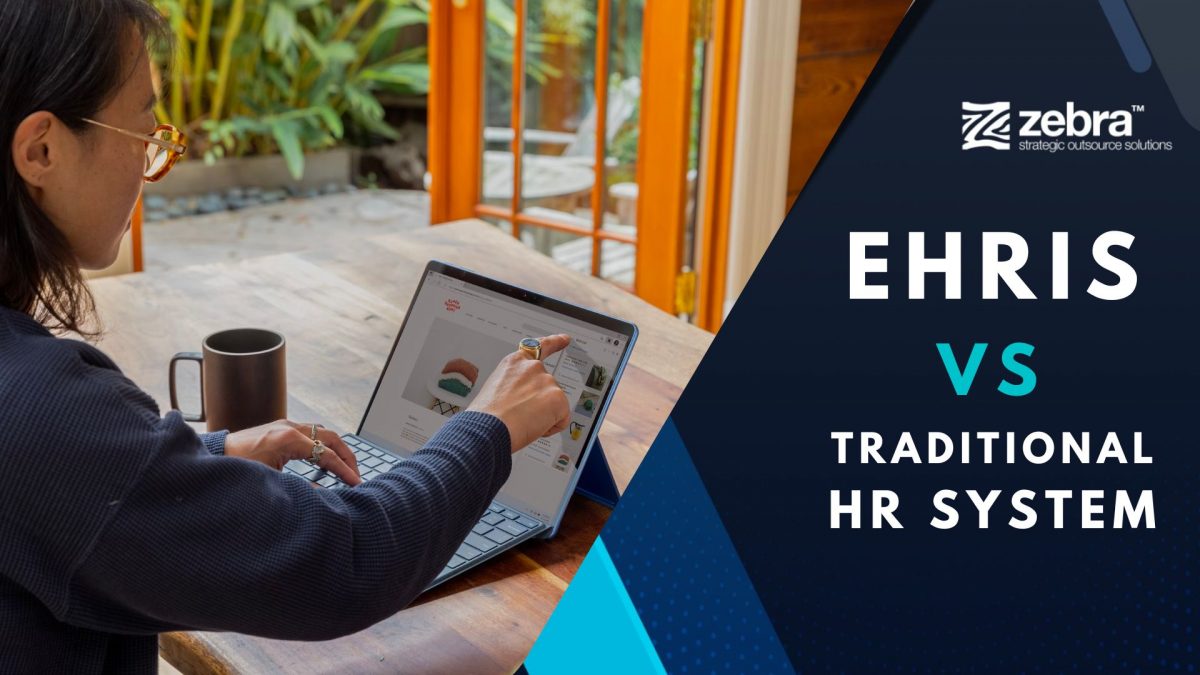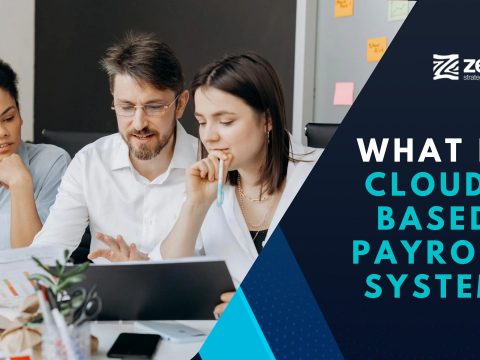
Human Resource (HR) systems are essential for managing and improving workforce operations in organizations. Electronic Human Resource Information Systems (eHRIS) have significantly improved HR processes in the past few years. This article will compare eHRIS with traditional HR systems, emphasizing the advantages and disadvantages of each approach.
1. Data Management and Accessibility
Traditional HR systems often depend on manual paperwork and physical file storage, which can result in inefficiencies and mistakes. In contrast, eHRIS offers a centralized digital platform for managing employee data. This digital database ensures data accuracy, reduces duplication, and allows fast and secure access to employee information. eHRIS enables HR professionals to easily retrieve and update data, enhancing overall efficiency and productivity.
2. Automation and Efficiency
One of the main benefits of eHRIS compared to traditional HR systems is its automation. eHRIS automates various HR processes, including recruitment, onboarding, performance, and leave management. This automation eliminates the need for manual tasks, reduces paperwork, and streamlines workflows. In contrast, traditional HR systems often rely on manual intervention, resulting in slower processes, higher potential for errors, and increased administrative workload.
3. Employee Self-Service
eHRIS provides employee self-service features, enabling employees to conveniently access and update their personal information, submit leave requests, view pay stubs, and participate in performance evaluations. This self-service capability empowers employees, reduces the workload of the HR department, and enhances overall employee satisfaction. In contrast, traditional HR systems often depend on HR staff to handle these administrative tasks, which can result in delays and possible errors.
4. Integration and Scalability
eHRIS offers smooth integration with other systems, including payroll, time and attendance, and learning management systems. This integration enables real-time data exchange, minimizing duplication and ensuring system compatibility. Moreover, eHRIS can effortlessly expand alongside organizations, accommodating growing employee numbers and evolving HR requirements. In contrast, traditional HR systems might encounter challenges with integration and scalability, necessitating manual data transfers or expensive system upgrades to adjust to organizational changes.
5. Reporting and Analytics
eHRIS provides powerful reporting and analytics features, allowing HR professionals to generate detailed reports and gain valuable insights into HR metrics. These insights facilitate data-driven decision-making, support strategic workforce planning, and help identify areas for improvement. Some traditional HR systems may not offer advanced reporting capabilities, making extracting meaningful data and effectively analyzing HR trends difficult.
6. Security and Compliance
Data security and compliance are essential factors to consider regarding HR systems. eHRIS offers enhanced security measures, such as encrypted data storage, access controls, and audit trails, which help reduce the chances of data breaches. In addition, eHRIS aids in ensuring compliance with different labor laws and regulations by automating processes and generating precise records. Traditional HR systems, especially those that rely on physical files, might be more susceptible to security breaches and compliance concerns.
7. Cost and Return on Investment
Implementing an electronic Human Resource Information System (eHRIS) involves an initial investment in software licenses, infrastructure, and training. However, eHRIS can lead to substantial cost savings in the long run. Automating and streamlining HR processes reduces administrative overhead, errors are minimized, and resource allocation is optimized. In contrast, traditional HR systems often incur higher operational costs due to manual labor, paper-based processes, and the need for corrective measures in case of errors.
Conclusion
While traditional HR systems have served organizations for many years, the introduction of eHRIS has transformed HR operations. eHRIS offers several advantages over traditional systems, including improved data management, automation, employee self-service, integration, scalability, reporting, analytics, security, and compliance. By embracing eHRIS, organizations can streamline HR processes, enhance efficiency, and make data-driven decisions. However, it is essential to consider the initial investment, implementation challenges, and potential resistance to change when transitioning from traditional HR systems to eHRIS. Ultimately, the choice between the two approaches depends on organizational needs, resources, and the desire to leverage technology for HR optimization and overall business success.
How Zebra can help?
Zebra’s eHRIS, an innovative software solution, offers many benefits that can significantly enhance the performance and productivity of your company. By leveraging the power of Zebra eHRIS, you can streamline your HR processes, automate tedious tasks, and gain valuable insights into your workforce. This comprehensive system provides a user-friendly interface, making it easy for your employees to navigate and utilize its various features.
With our eHRIS, you can effortlessly manage employee data, including personal information, attendance records, and performance evaluations. This centralized database ensures accuracy and eliminates the need for manual record-keeping, saving your HR team valuable time and effort. Moreover, the system's advanced reporting capabilities allow you to generate customized reports and analyze key HR metrics, making data-driven decisions and optimizing your workforce management strategies.
Furthermore, our eHRIS is designed to be scalable and adaptable, catering to your company's unique needs and requirements. Whether you have a small startup or a global enterprise, Zebra eHRIS can be customized to align with your organizational structure and processes. With its cloud-based architecture, you can access the system anytime, anywhere, ensuring seamless collaboration and connectivity across multiple locations and devices.
In summary, our eHRIS is a powerful HR software solution that can revolutionize how your company manages its workforce. From streamlining HR processes to enhancing employee engagement, Zebra eHRIS offers a comprehensive suite of tools and functionalities that can drive growth and success for your organization.






